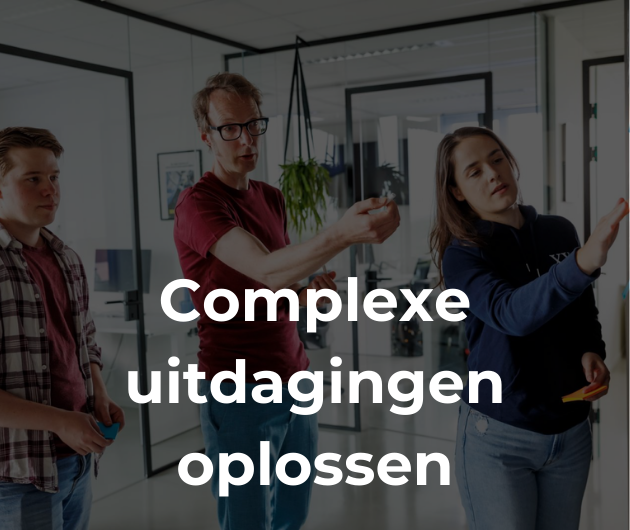One point three billion dollars is a lot of money to pay for a European software house, but that is what it is reported that Microsoft has paid for Danish company Navision. This follows the recent take over of US company Great Plains for another 1.1bn dollar.
Like Great Plains, I am sorry to admit that I was unaware that there was a Danish software house big enough to warrant an investment over 1bn dollar, so I know little about what and who Microsoft have bought. What we can all recognise however is that Microsoft is serious about the business applications market as well as the office applications market. Over 2bn dollar is a lot of money, even for Microsoft.
Navision develops financial applications, largely for the small to medium enterprise (SME) market. This of course fits well into Microsoft’s current position as they exploit the growing power of Intel-based machines to take them beyond the desktop systems market. Microsoft made an earlier abortive attempt to get into the small systems business applications with an attempt to take over Intuit, the US market leader With the Great Plains take over and now Navision, Microsoft has shown its hand, making it clear that it is going more upmarket than the small office, home (Soho) market.
The intention apparently is to make Navision’s Copenhagen headquarters the centre for development and operations for Microsoft Business Solutions in Emea. It will in that case become Microsoft’s biggest product development centre outside the USA. The hope for all of us then is that by divorcing development from the incompetent hordes in Seattle, it is possible that some reliable, properly designed software will ensue. It will however be interesting to see just how the incompatibility between the American and European business applications will be resolved, if at all.
On the surface there is no problem with Microsoft moving into the business application market if they simply bring money and marketing muscle to the table. But we must all be too aware of the technical shambles they have created in office applications with their proven inability to improve matters. If the appalling standards of Word for instance were applied to business applications, then a lot of SMEs would suffer dire consequences! Cursing about Word is an annoyance, but equivalent problems with invoices and stock control can bankrupt a company. The hope then is that by isolating the business developments from Seattle, better quality can be achieved.
However there are some serious problems yet to surface. Many people have been around long enough to remember the days when Microsoft provided the operating system that they bought from Seattle Computer Products called MS Dos, together with their own product Mbasic. MS Dos was also sold by IBM as PC Dos so every PC application developer wrote their software to work with PC hardware and MS Dos, eliminating much better hardware and software as a consequence. This continued when Windows replaced MS Dos. But then Microsoft bought Word, Excel and Access. They were not going to compete with all the other faithful developers, or so they said, but before we knew it, Word Perfect, Lotus, dBase, etc. had virtually disappeared. The result was the monopoly we see today and with it the dominance of high cost, low quality software which we are forced to buy because now there is no choice! The danger that lurks ahead then is that the same thing could happen with business software. Indeed that is clearly what Microsoft plan.
The solution is simple. No developer should develop exclusively for a Microsoft platform. They should ensure that every product is made available on both Windows and Linux and probably some version of Unix. Equally important, no potential user should even consider using a product which only works with Microsoft platforms, because they will only feed the inevitable growth of a monopoly. It is fine to use a version of an application running on a Microsoft environment if it is considered cost effective and secure enough, but only if support for alternative platforms can be demonstrated. User pressure on suppliers is the key, because judging from past experience most "Microsoft only" software houses will be out of business before they see what’s happening! This will not be a happy situation for the user base.
PS Word 2002 running under Windows XP has just crashed again. Incredible isn’t it?
Martin Healey, pioneer development Intel-based computers en c/s-architecture. Director of a number of IT specialist companies and an Emeritus Professor of the University of Wales.








